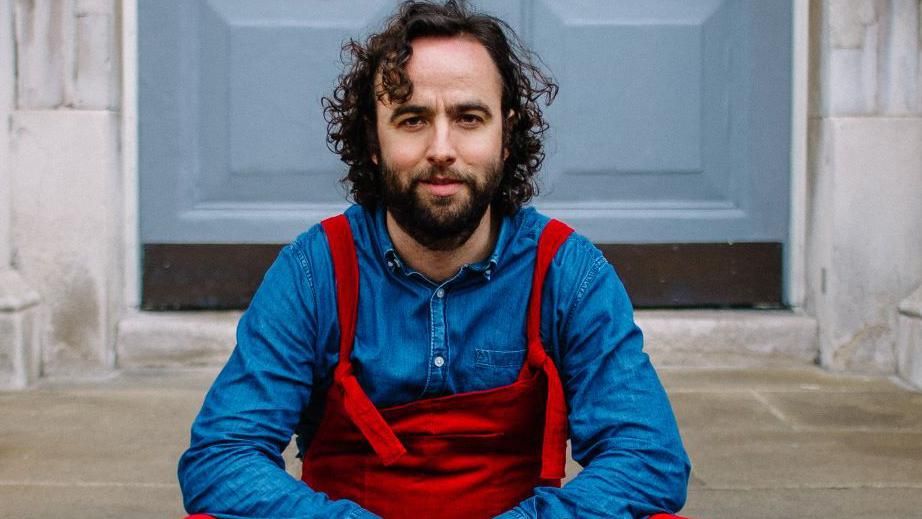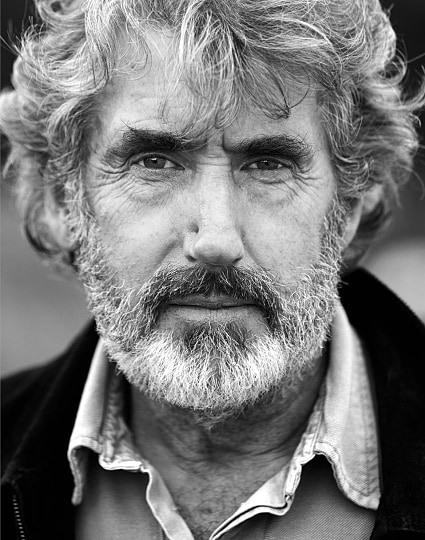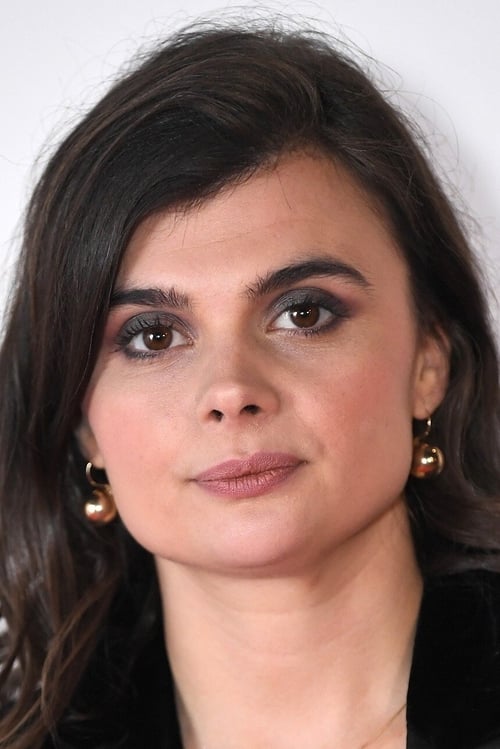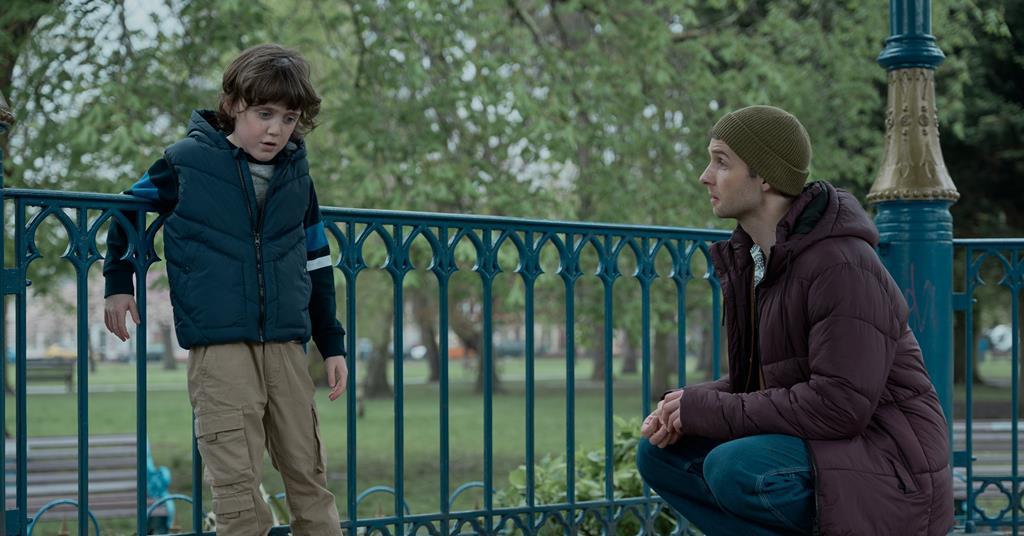 (4.5 / 5)
(4.5 / 5)
I must admit, I am a bit of a purist when it comes to sticking to the original score and production values of a piece of musical theatre; these shows are of their time and representative of the period that they were written and set in. The Wizard of Oz, especially, is a well-loved, exceptionally well-known film and show; it’s on every Christmas after all! Everyone knows the songs, the characters, the story of the young girl from Kansas who flies over the rainbow to the land of Oz, meets an extraordinary group of friends, vanquishes not one, but TWO Wicked Witches and learns the true meaning of home.
This production is based on the London Palladium version from 2023 and features new songs and orchestrations from Andrew Lloyd Webber and Jeremy Sams. The new songs add to the story well; giving Dorothy a bit more reason to be looking to leave her Kansas home in ‘Nobody Understands Me,’ providing the Wizard with a techno catchy number in ‘Bring me the Broomstick,’ adding an excellent villain song for the Wicked Witch in, ‘Red Shoes Blues’ and a heart wrenching final song in Oz, ‘Already Home.’
It’s not just the score that’s new; the production has an altogether faster pace, high octane dance numbers, new orchestrations of the original songs (without losing the flavour of the originals but allowing their performers to shine) and a bright, colourful visual element which mostly revolves around the moving projections behind and, sometimes in front of, our cast of characters. As a musical theatre fan, I really loved the references on the projections, ‘Margaret Hamilton the Musical’ featuring the original actress who played the Wicked Witch in the film, ‘The Lahr King’ referencing Bert Lahr who played the original Cowardly Lion! There’s also a Frozen the Musical logo (replacing ‘Frozen’ with ‘Emerald,’) ‘Munchkin the Musical,’ an homage to ‘Hairspray’ and many more. It’s not just Musical Theatre references to catch the eye, however. The projections mention the Great Depression, the dust storms that hit farmers in the south of America in the 1930s and other topics of the period; Kansas and Oz truly come to life in this smart set. The tornado is excellent, transforming the farmhands into their Oz counterparts as well as Miss Gulch to the dastardly Witch. The stuttering images and elements from Dorothy’s own life back in Kansas really add to the dream element of the story; it’s really as if she has created the fantastical landscape from the gas pumps, empty food cans, junkyards and more of 1930s America and created her very own place over the rainbow.
The cast is excellent; obviously there is the celebrity casting of Craig Revel Horwood as Miss Gulch and The Wicked Witch of the West and Aston Merrygold of JLS fame as the Tin Man and Hickory, who are both fantastic, but the whole cast and ensemble are an asset to show.
Craig Revel Horwood is an imposing, statuesque Wicked Witch, stalking the stage in purple boots and switching from sassy to terrifying with ease. He owns the stage whenever he steps onto it; terrifying the children one minute and having everyone in stitches the next. ‘Red Shoes Blues’ is a great moment of theatre, surrounded by his dancers, he really nails the song, belting it out with ease.
Aviva Tulley is a wonderful Dorothy and performs the best rendition of ‘Somewhere Over the Rainbow’ that I’ve heard. She is her own unique version of the character, whilst capturing the wonder and innocence of Judy Garland in the original film. She is the glue that holds our hapless heroes together and is an inspiration to all the little ‘Dorothys’ in the audience.
As the Scarecrow, Benjamin Yates shines. His comic timing is impeccable, his voice soars and he is an exceptional dancer, capturing the Scarecrow’s movements with ease. His facial expressions alone had the audience in fits of laughter and his relationship with Dorothy is lovely to behold. Aston Merrygold is a very good Tin Man; his dancing, in particular, (choreographed for this new version by Asley Banjo) inspires cheers and whoops from the audience. His performance is heartfelt and sweet, and I loved the new version of ‘If I only Had a Heart’ which showed off his vocal skills excellently. Finally, Nic Greensheids as the Cowardly Lion; it’s like watching Bert Lahr from the film. The mannerisms are captured perfectly, his voice is excellent and he had me in stitches from the moment he pounced onto the stage.
Emily Bull switches with ease from Aunty Em to a very ‘Wicked-esque’ Glinda, resplendent in sparkles, onboard her hot pink scooter. Her voice is gorgeous and she hits those top notes with such ease even as she rides across the stage on her new mode of transport. Alex Bourne is a loveable rogue as Professor Marvel and the Wizard; his number ‘Wonders of the World is delivered with much style and panache and his Wizard is excellent. David Burrows is a sweet Uncle Henry, bemoaning taking in Dorothy but being her biggest protector against Miss Gulch. He completes the pairing of Em and Henry with ease, as well as taking on other multiple roles throughout the production; a veritable chameleon on stage.
I must give special mention to Abigail Matthews as Toto…the highest praise you can pay to a puppeteer is that you forget that they are there and you really do in this production. Toto becomes a fully fledged member of the cast, a living, breathing cairn terrier, prancing across the stage and getting into all sorts of mischief along the way. The little moments of brilliance, which may go unnoticed by most of the audience, kept me enraptured; the noticing of his own reflection in Glinda’s shiny scooter, the soft wagging of his tail as he rests his head in Dorothy’s lap, the wolfing down of Professor Marvel’s sausage lunch and his relaying of Dorothy’s capture to the Lion, Tin Man and Scarecrow will stay with me for a long time.
All in all, the original tale still sings from the stage, the homages to the original are clear. It’s a smart, modern but respectful production with a cast that clearly are having a fantastic time entertaining us all. It’s choc full of brave changes, smart new decisions and of course, loads of heart. The final moment of Dorothy walking in silhouette towards the rainbow, her ruby slippers glinting, cements this production in my mind and really catapults The Wizard of Oz into a new generation of fans and reminds them that, ‘there’s no place like home.’
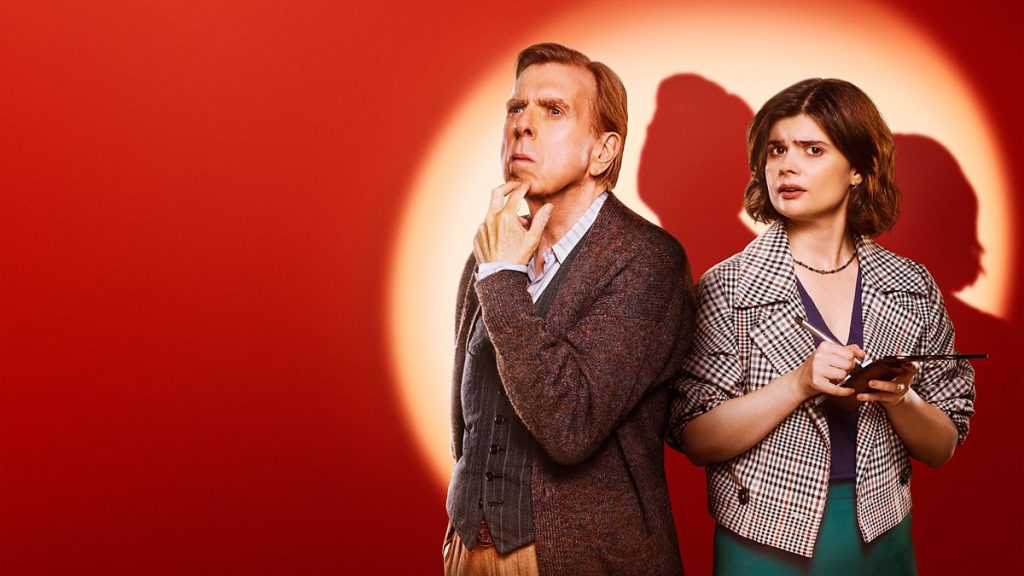
 (3 / 5)
(3 / 5)
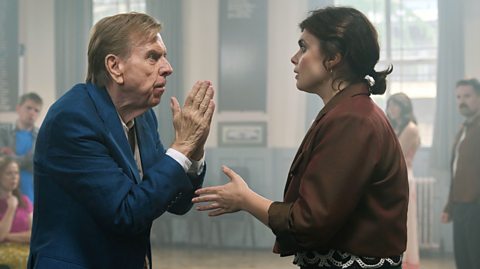
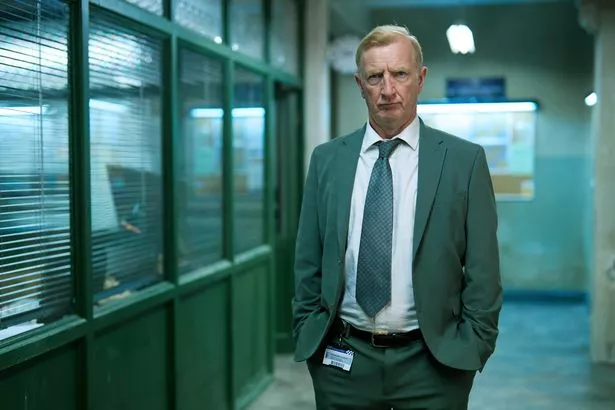


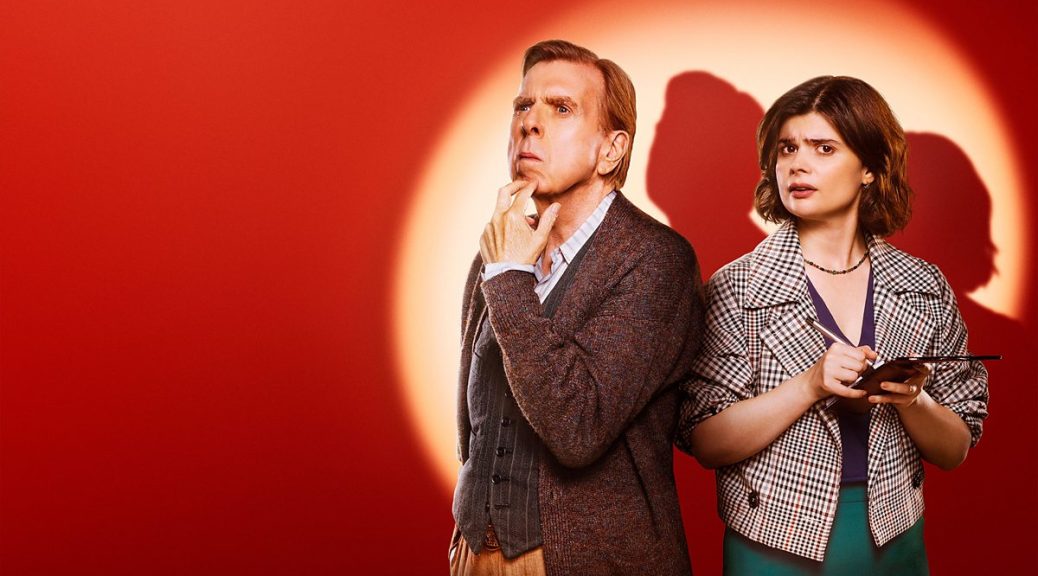

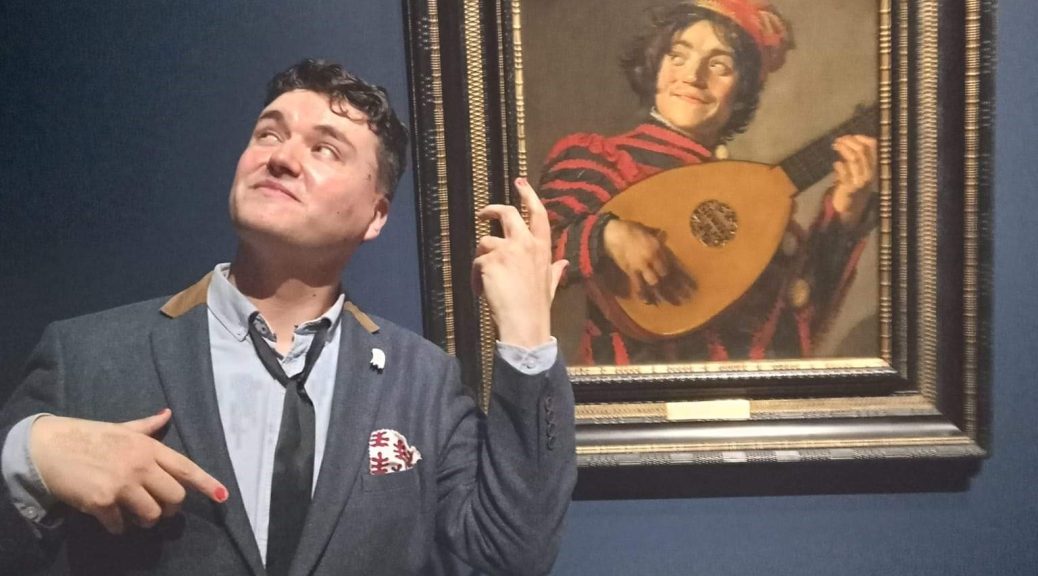
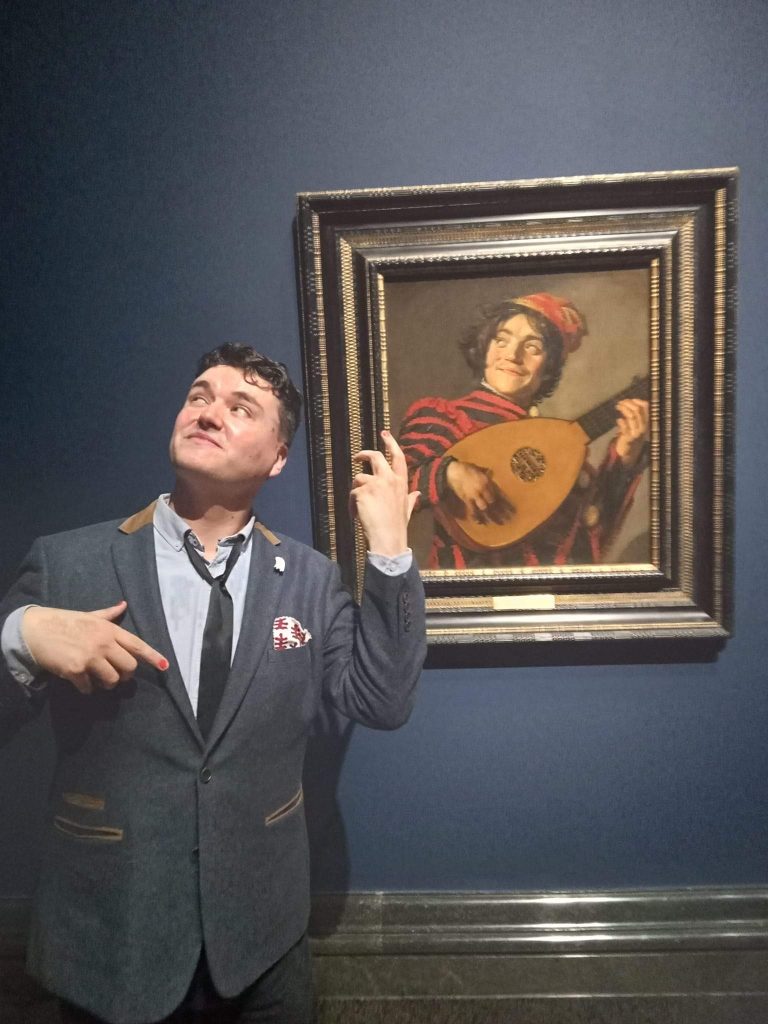
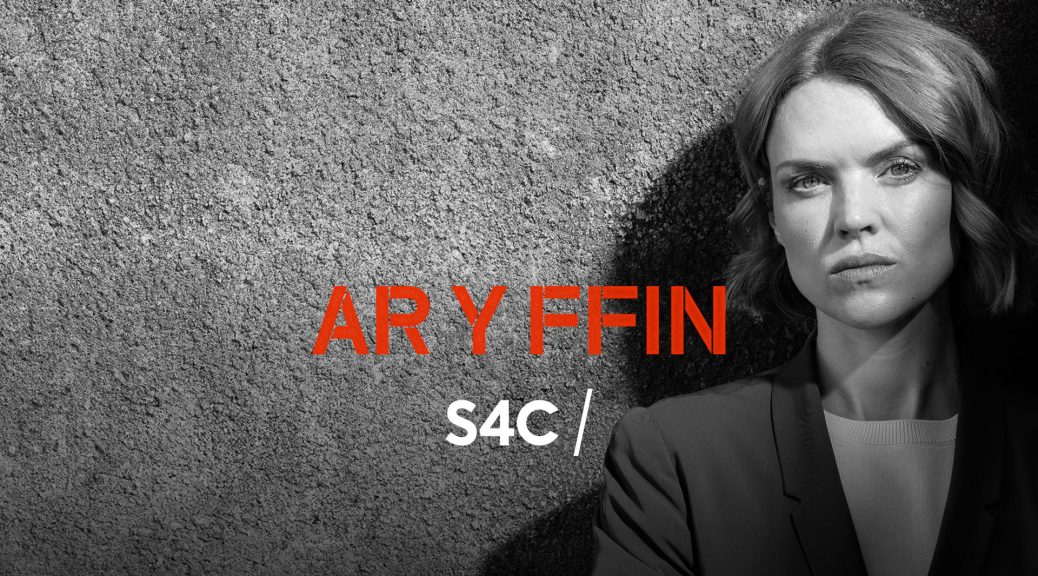
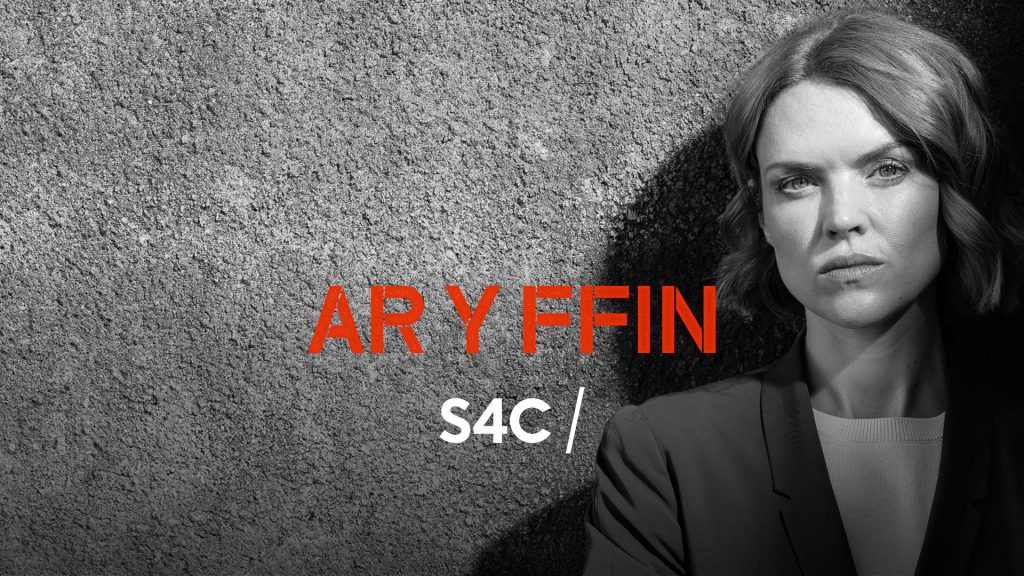

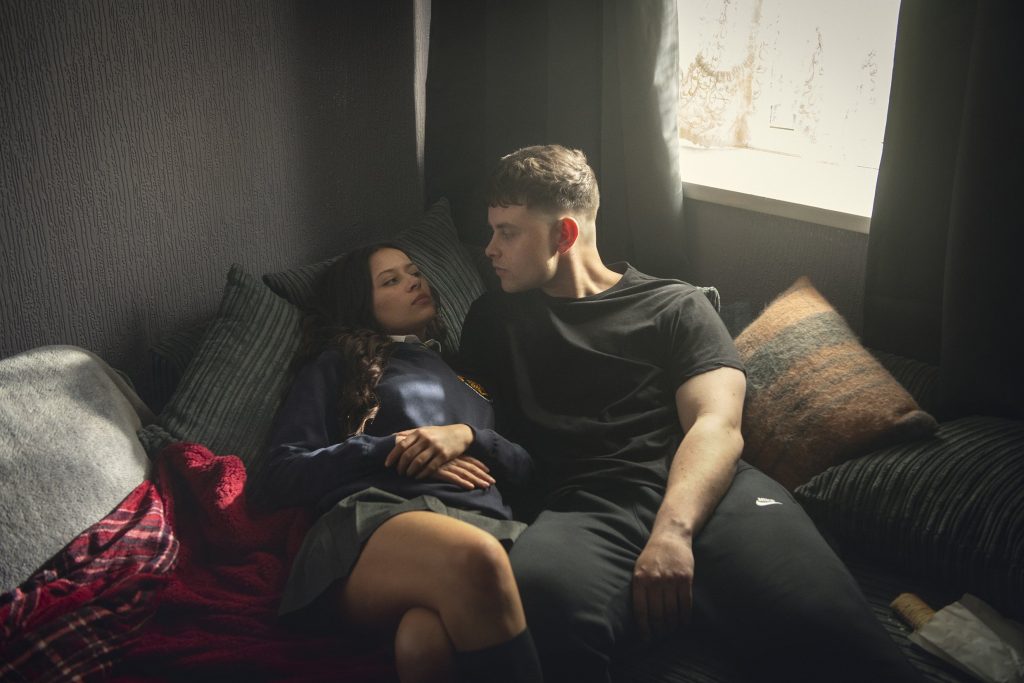
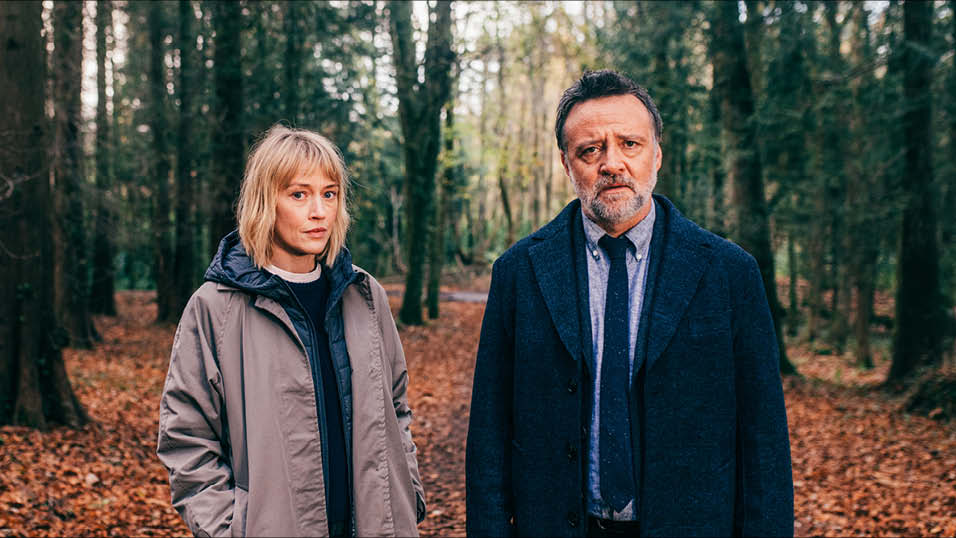
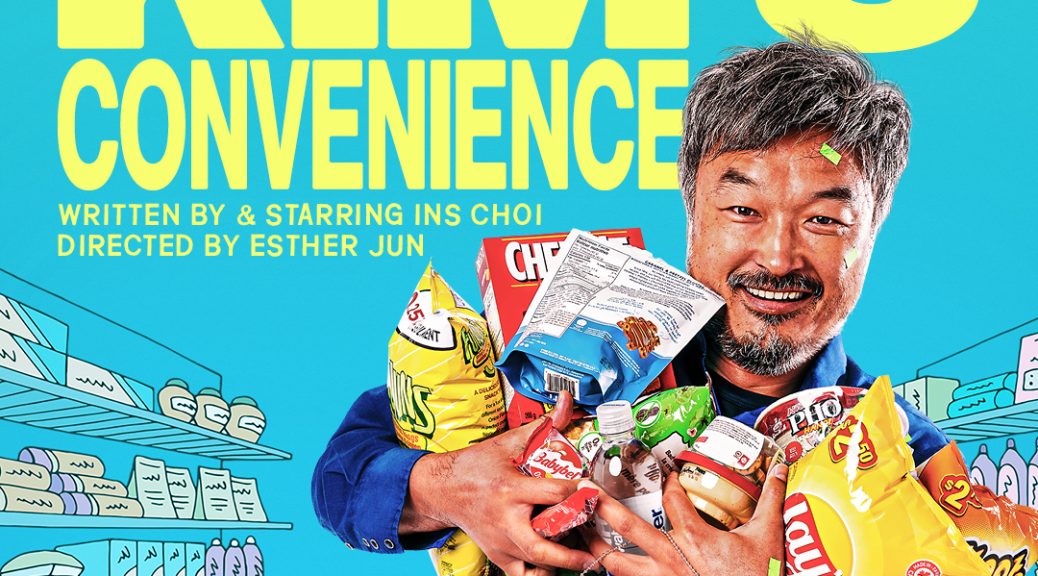

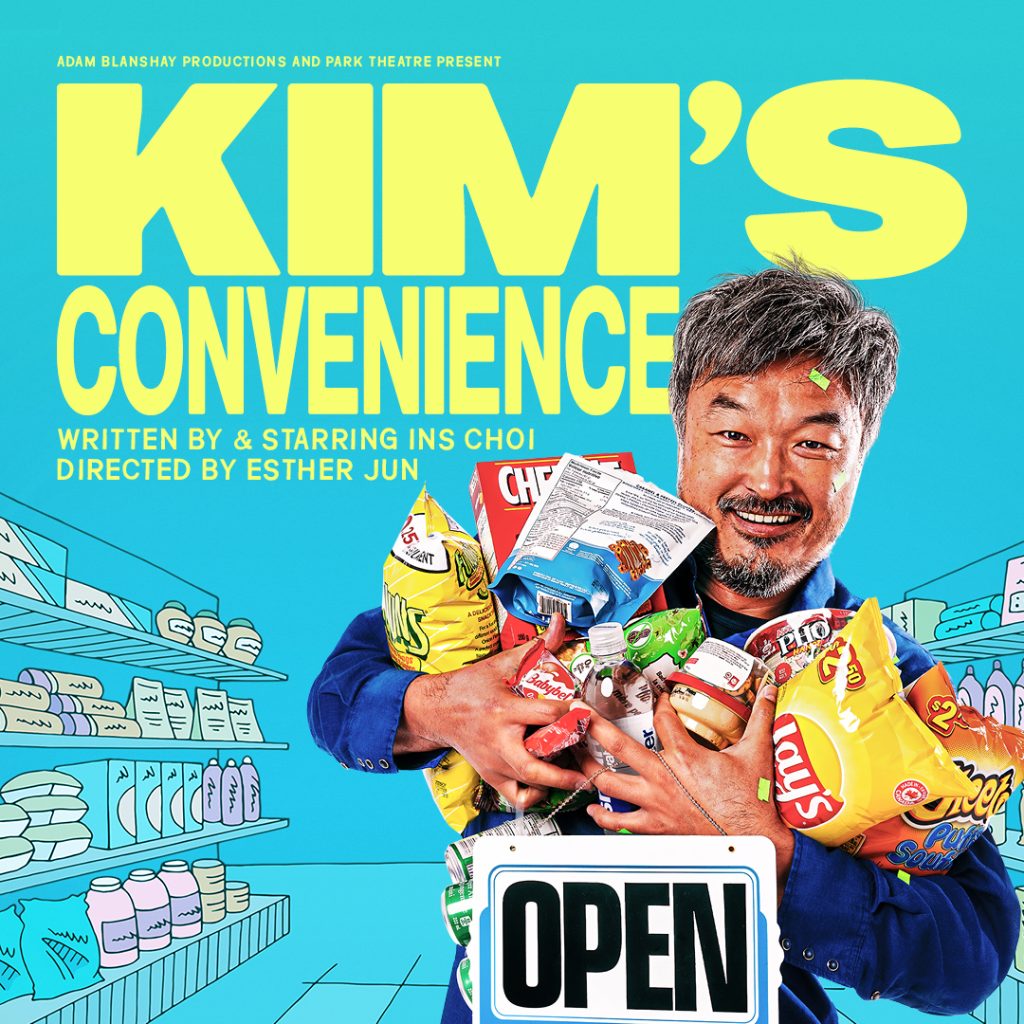

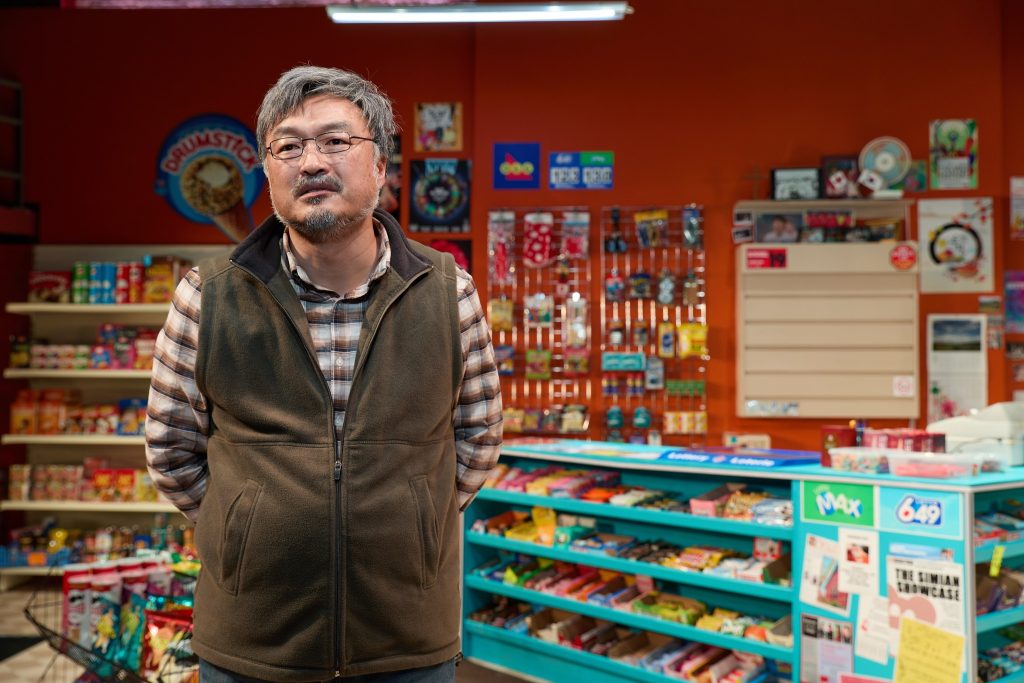

 (4.5 / 5)
(4.5 / 5)
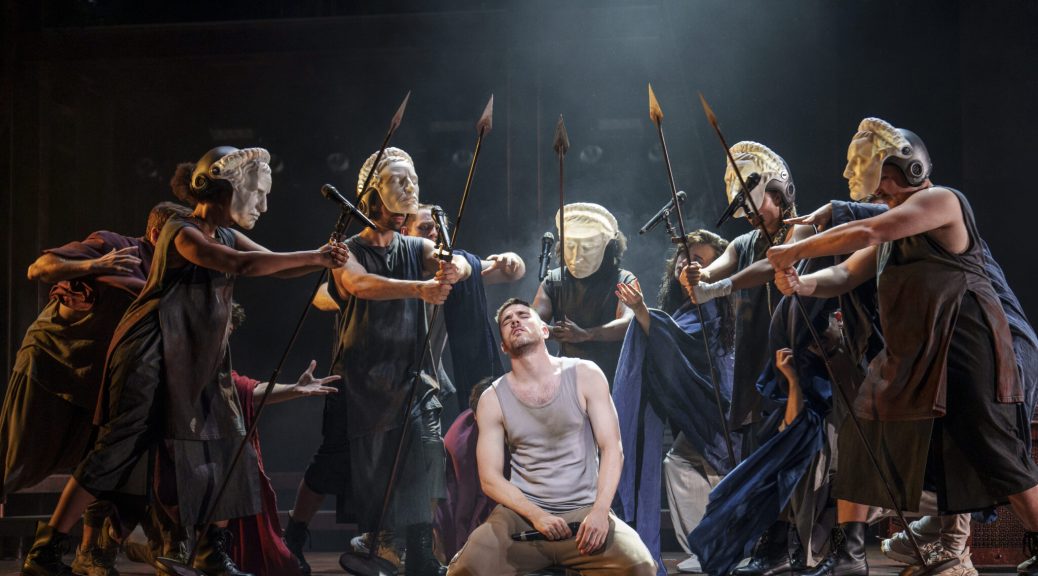
 (4 / 5)
(4 / 5)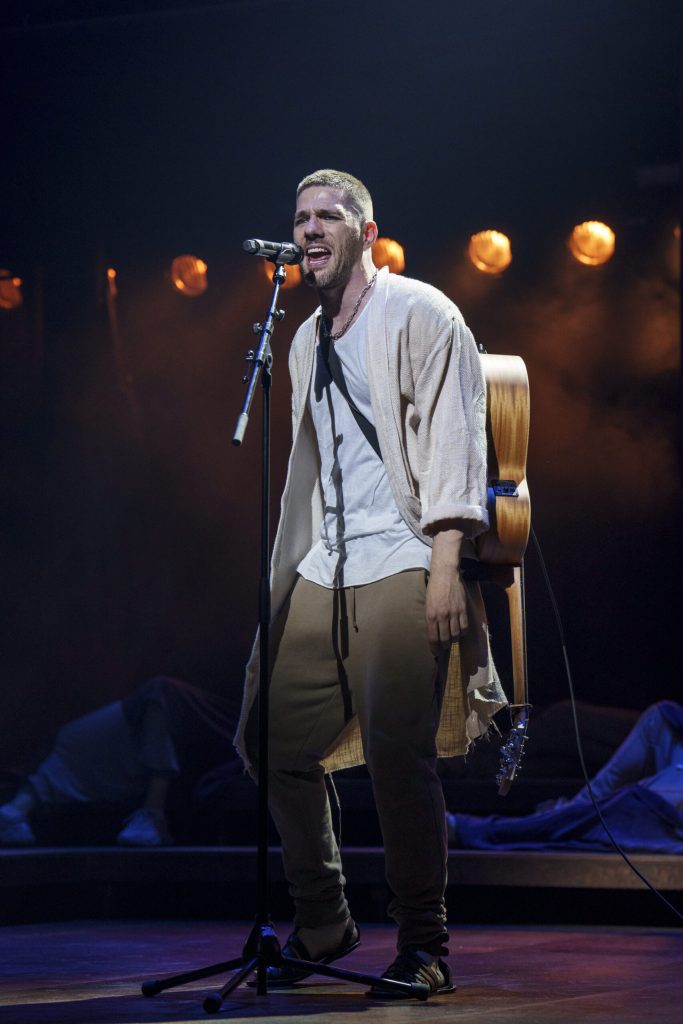
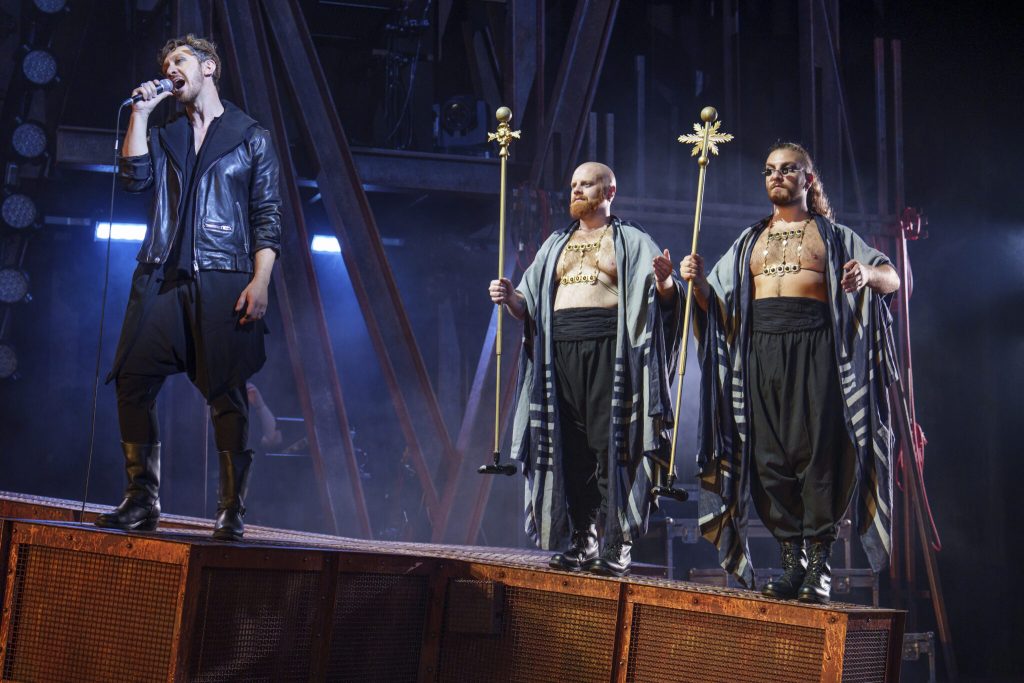
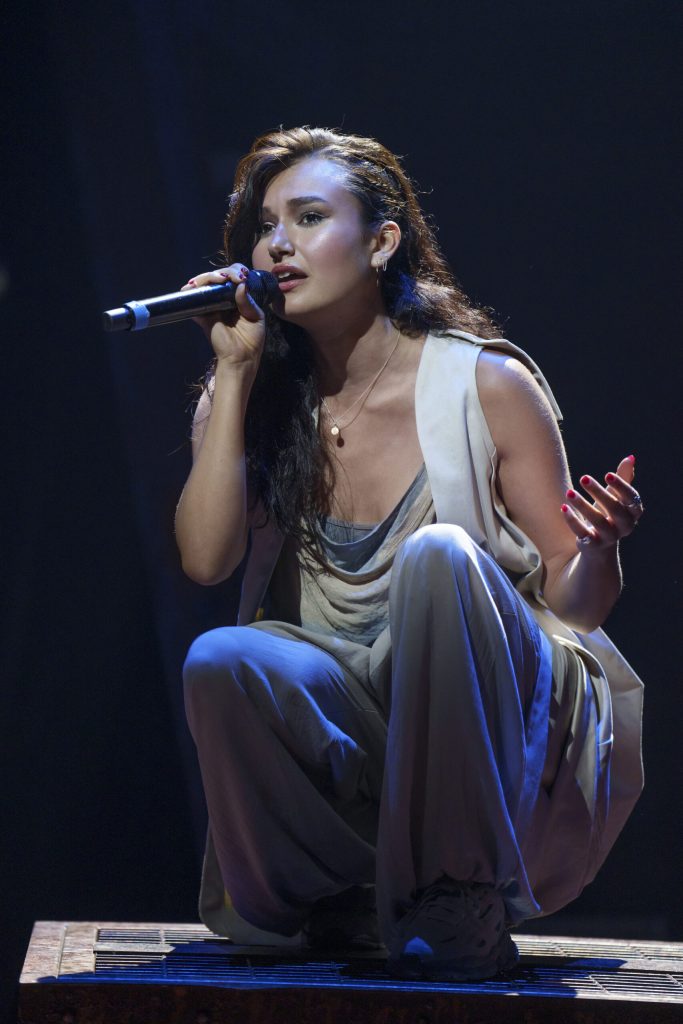



 (5 / 5)
(5 / 5)